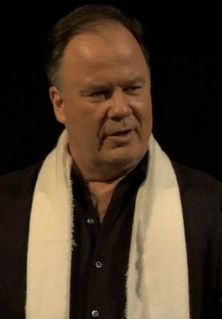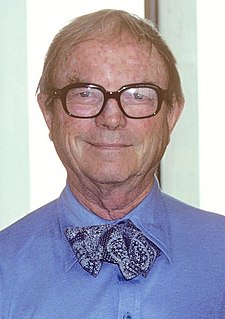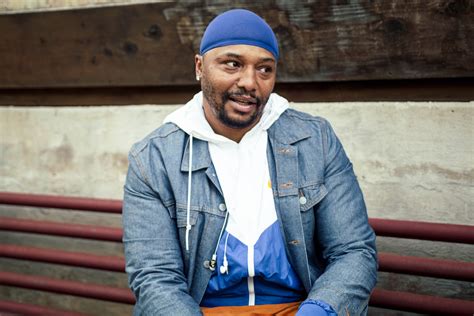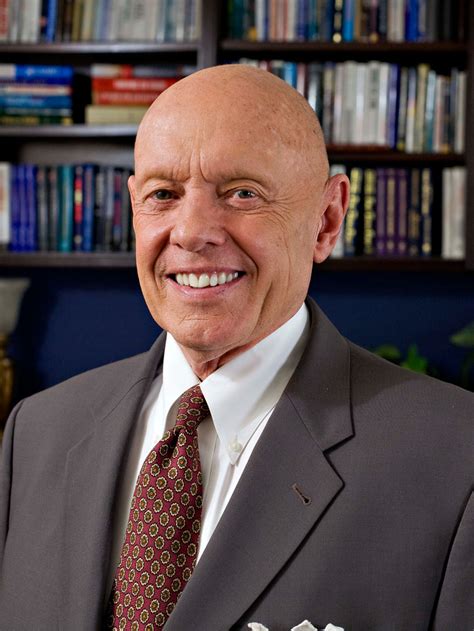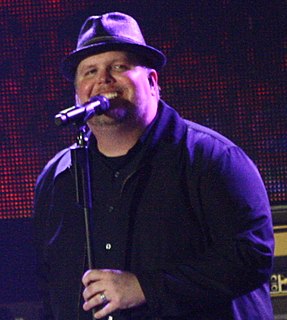A Quote by Pete Seeger
My father urged Alan [Lomax] not to repeat the mistakes of the European folklorists who, a century ago, had collected these peasant songs and then arranged them for part choir and accompanied them on piano, and then told the young people of their country, "Don't change a note, this is our sacred heritage." Father said, whether it's a fiddle tune or a gospel song, learn it right off the record from the people who grew up with it. Don't just learn it from a piece of paper.
Related Quotes
He [Alan Lomax] started right off trying to find people who could introduce folk songs to city people. He found a young actor named Burl Ives and said, "Burl, you know a lot of great country songs learned from your grandmother, don't you know people would love to hear them?" He put on radio programs. He persuaded CBS to dedicate "The School of the Air" for one year to American folk music. He'd get some old sailor to sing an old sea shanty with a cracked voice. Then he'd get me to sing it with my banjo.
Fail is a verb not a noun, most people think that when they fail, they become a noun and call themselves failures. People have to learn from their mistakes just as children learn to ride bicycles by falling off bicycles. Mistakes can be priceless if we are willing to learn from them because the price to becoming rich is the willingness to make mistakes and learn from them without blaming or justifying
I lost my dad back in the fall, and my dad said something to me a long time ago. He said, 'Are you happy with who you are now?' because we just had a real serious talk. And I said, 'Yeah.' He said, 'Then you can't regret what got you to where you are. So whatever you do and whatever mistakes you make, learn from them and grow. And just always treat people with kindness,' which I've tried to do.
Be proud of your mistakes. Well, proud may not be exactly the right word, but respect them, treasure them, be kind to them, learn from them. And, more than that, and more important than that, make them. Make mistakes. Make great mistakes, make wonderful mistakes, make glorious mistakes. Better to make a hundred mistakes than to stare at a blank piece of paper too scared to do anything wrong.
Yes, I heard my people singing!-in the glow of parlor coal-stove and on summer porches sweet with lilac air, from choir loft and Sunday morning pews-and my soul was filled with their harmonies. Then, too, I heard these songs in the very sermons of my father, for in the Negro's speech there is much of the phrasing and rhythms of folk-song. The great, soaring gospels we love are merely sermons that are sung; and as we thrill to such gifted gospel singers as Mahalia Jackson, we hear the rhythmic eloquence of our preachers, so many of whom, like my father, are masters of poetic speech.
They say that there are three kinds of people in the world. There are people who never learn one way or another anything; there are people who learn from their own mistakes, eventually and with great pain; and then there are the really wise people who learn from other people's mistakes and spare themselves the suffering.
My mother wanted me to learn how to read music. She'd given fiddles to my two older brothers, but they'd rebelled. I came along and my father said, "Oh, let Peter enjoy himself." What she did was leave musical instruments all around the house. Whistles, marimbas, squeeze boxes, a piano and organ. By age six or seven, I could bang out a simple tune on almost anything. I developed a good ear, so I didn't learn to read music until I taught myself at age eighteen, 'cause I was hearing so many good songs I couldn't possibly remember them all.
Being a father is the hardest job on the planet, because we don't have parental instincts like women have. You have to learn how to be a father before you even become a father, from a very young age. It's necessary to override what we're told in society a father should be, like if your son falls and scrapes his knee, you got to be tough. Baseball and all that are cool, but it's the tenderness and interactions that are really important. Boys are different; we have to impart that sensibility and that tenderness to them.
Our whole intention was to make a record of songs that we grew up with and change them up a little bit, but we kind of stumbled on writing "Joseph's Lullaby." The irony is when I originally wrote the song, it was called "Mary's Lullaby." I wrote it from Mary's standpoint and it was in a higher key, a real falsetto, and it just wasn't right. One day, the producer's wife said, "Well, it's kind of odd that you're singing from Mary's perspective, being the guy. Why don't you do Joseph?


